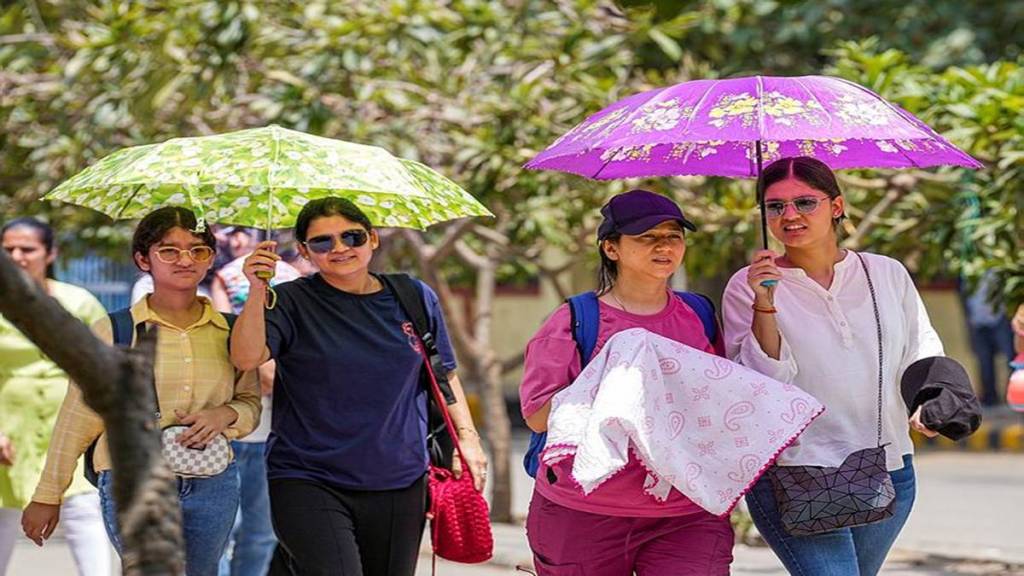After enduring continuous heat for several days, Northwest India is likely to get some sign of relief starting from June 14, as per the India Meteorological Department (IMD). A gradual decline in temperatures is predicted, especially over Rajasthan and surrounding regions that have been under the reel of severe heatwave conditions.
Heatwave respite expected at Central India and Northwest India
The IMD has forecast a 2.4 degrees Celsius drop in the maximum temperatures over Northwest and Central India after June 14. For East India, a slight decline of 2-3 degrees Celsius is also likely to occur after a day, followed by stable conditions.
Intense heatwave conditions were experienced in several parts of West Rajasthan, with the highest maximum temperatures reaching 48.0 degrees Celsius recorded at Sri Ganganagar. Similar conditions were prevalent in Bikaner with 45.1 degrees Celsius, Kota with 45.1 degrees Celsius, Churu, and Phalodi at 45.8 degrees Celsius.
The IMD official, Radheshyam Sharma stated to ANI, “Western Rajasthan particularly, Bikaner, Ganganaga and Hanumanagarh continues to face severe heatwave conditions with temperatures surpassing 47 degrees Celsius”. He further added that this condition is expected to continue for the next three to four days.
IMD prediction on Thunderstorms’ arrival
“Strong south-west winds, carrying dust, will prevail in the region for two to three days,” Sharma mentioned. He also pointed out that Eastern Rajasthan may witness thunderstorm activity from June 15 to 17, resulting in temporary respite from the scorching heat. A more notable fall is foreseen in the temperature, probably between June 18-20.
Districts like Bharatpur, Alwar, Bikaner, Churu, Jhunjhun were at yellow alert recently and places like Hanumangarh and Sri Ganganagar were at orange alert.
Intense heatwaves are likely to continue in Delhi, Punjab, Jammu-Kashmir, Haryana and Chandigarh from June 12 to June 14.
IMD’s latest update posted on social media platform X has confirmed no major changes in other regions for now.


